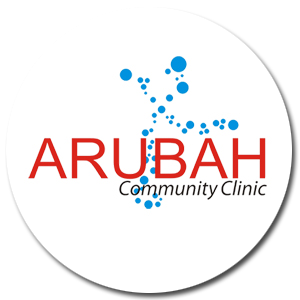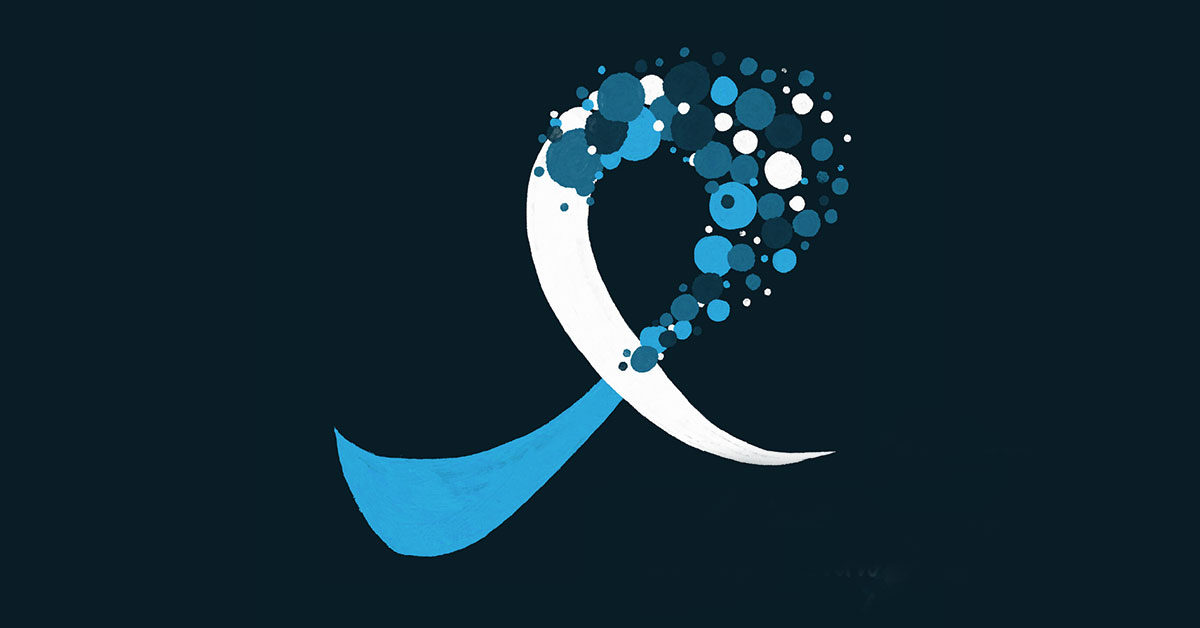February 4 is World Cancer Day, so we’re here to answer the most common questions we get about the disease.
Cancer often has no specific symptoms, which is why it goes undetected for so long. Because of this, it’s important that you limit risk factors and undergo appropriate screening.
Most Commonly Asked Questions About Cancer
Is it genetic?
Yes, it is a genetic disease, meaning it’s caused by certain changes to genes that control the way our cells function. If your family has a history of the disease, it’s incredibly important to get checked annually or any time you notice an abnormality.
That being said, cancer can be present in people who do not have a genetic history of cancer in their family. In fact, most people that are diagnosed with cancer don’t actually have a history of the disease. According to the American Cancer Society, approximately 7% of all cancer are inherited.
How common is cancer?
Well, unfortunately, one-third of all people in the United States will develop cancer during their lifetimes.
What causes cancer?
A lot of things cause cancer, unfortunately. It’s linked to alcohol consumption, tobacco use, spending too much time in the sun, dietary choices, and being exposed to radiation. It can also run in your family’s genetic history. The bottom line is, no one knows the exact cause of cancer.
Learn more by visiting the American Cancer Society’s article on what causes cancer.
Can stress cause cancer?
Not that we know of! According to the American Cancer Society, no scientific evidence has shown that a person’s personality or outlook affects their cancer risk.
How is it diagnosed?
A person’s signs and symptoms aren’t enough to diagnose them with cancer. In order to truly diagnose someone, health inspectors will need to conduct tests such as x-rays, blood tests, and a biopsy.
Is my life at risk?
Cancer can be fatal, but patients are seeing more and more success in treatment. While there are no guarantees to recovery, there are certain types that have higher recovery rate than others. For example:
- Prostate: 99% of people live past 5 years of recovery
- Thyroid: 98% of people live past 5 years of recovery
- Testicular: 95% of people live past 5 years of recovery
- Melanoma: 91% of people live past 5 years of recovery
- Breast: in the early stages of 0 and 1, 99% of people live past 5 years of recovery
Source: WebMD
What is treatment like?
There are multiple types of treatment, including surgery, chemotherapy, and radiation. A person may have any or all of these treatments, but the exact treatment plan is determined by the doctor.
Surgery, chemotherapy, and radiation are the 3 main types of cancer treatment. A person may have any or all of these treatments. In choosing a treatment plan, the most important factors are generally the type of cancer and the stage. Other factors to consider include the person’s overall health, the likely side effects of the treatment, and the probability of curing the disease, controlling it to extend life, or easing symptoms.
3 Tips to Help Prevent Cancer
Tip 1: Discuss health information with your doctor.
If you notice something out of the order, let your primary care provider know so they can take a look at it. If someone in your family is diagnosed with the disease, tell your health care provider! You may be able to take steps to reduce your risk.
Don’t have a doctor? Come see us for FREE!
Tip 2: Talk to your family about health history
We can tell a lot about our bodies by understanding the makeup of those who share similar genes to us. That’s your family! Ask your parents, aunts and uncles, cousins, grandparents, etc. If you have a family history of cancer, you may want to look into genetic testing to see if you are at risk.
Tip 3: Don’t use tobacco
Using any sort of tobacco puts you at risk for cancer. Chewing tobacco has been linked to cancer of the mouth and pancreas. Smoking has been linked to multiple types of cancer, including lung, mouth, throat, larynx, pancreas, bladder, cervix and kidney.
Tip: If you would like help quitting tobacco, ask your doctor about stop-smoking products and other strategies for quitting.
Contact a provider
If you think you may be at risk for cancer, please contact us and we can connect you with community resources to get tested.

